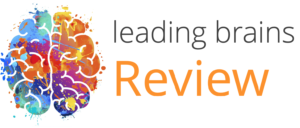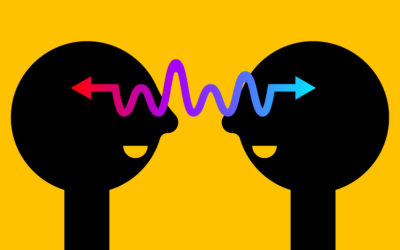There have been a few pieces of research published in recent years that support the old saying of “All work and no play makes Jack a dull boy”. Or, rather, according to latest research, makes you less happy, and, more surprisingly, less effective. Which kind of seems to defeat the object of working hard. Read on:
So, isn’t working hard a good thing?
Well, of course, we all agree that a certain amount of hard work is a good thing.
And what about achieving things?
Well, sure achieving things is good. But what are you achieving is the question: if you’re just achieving more work that is hardly a recipe for happiness.
So what did these researchers find?
This study looked at attitudes to work and leisure activities in three diverse countries: India, Turkey, and the UK. But what is unique about this study is it looked at the correlations between fulfilling what they called “self-direction” values i.e. stuff that is just good for you as an individual (such as hobbies), “hedondistic values” such as working hard and earning money, and these correlated to wellbeing. What’s more this was done over nine consecutive days so they were hoping to see how fulfilment leads to further impacts on following days.
And there is an interesting twist in this!
Ooh, I love a twist, pray, tell me!
Well, let’s state something that might be obvious. Those that aimed to have more freedom and do their personal hobbies reported better sleep quality, higher life satisfaction, and lower stress and anxiety. Not bad.
This might be a good thing but some of you hard workers might also state something like, “Sure, but it won’t help you in the long run. Let’s sacrifice a bit of short-term pleasure for a long-term satisfaction.”
Admittedly this study was not a long-term study but it does show something else that was surprising:
Those people who had fulfilled their self-direction goals on one day (such as hobbies and relaxation) were more likely to fulfil their achievement goals (i.e. work-based) the next day.
This translates into looking after yourself, makes you more productive on measures that count in the workplace!
Oh wow – now that is a nice twist!
Indeed, and this is also actually obvious: if you have better sleep quality, and lower anxiety and stress, then your brain is in a much better place to be effective and productive. Something I have been preaching for years, and years!
Is this really the first time we have learnt this?
Well, no. There have been many related studies that I have also reported on. For example in one study they found that those who value working hard more are more likely to be depressed and have lower life satisfaction (this was in a cohort of students). Another looked at personality and found that there was indeed a “work hard, play hard” type of personality.
You will likely be more than aware of our work into emotional needs in the workplace – emotional need fulfilment predicts mental health very accurately – and this also translates into performance.
Kind of makes sense!
Indeed. For me it’s Friday afternoon, article finished, one more call, and then time to do something more relaxing in my current location in Nice. Happy in the knowledge that this will be good of my subsequent productivity!














